Letter sent to pope over anti-Cyrillic sentiment in Croatia
NGOs in Croatia sent a letter to Catholic Pope Francis, voicing concern about the stances of Croatian Cardinal Josip Bozanić and several bishops.
Monday, 18.11.2013.
10:12

ZAGREB NGOs in Croatia sent a letter to Catholic Pope Francis, voicing concern about the stances of Croatian Cardinal Josip Bozanic and several bishops. Their position concerns bilingual signs in the town of Vukovar, the Croatian media reported. Letter sent to pope over anti-Cyrillic sentiment in Croatia In the letter to the head of the Roman Catholic Church, NGOs underline that Cardinal Bozanic and several bishops "publicly demonstrated their opposition to bilingualism in Vukovar, using certain phrases in their public statements that in no way contribute to peace and reconciliation, but rather lead to further deepening of conflicts." Representatives of the civic sector called on the pope "to send a message of Christian hope and peace to the Croatian society, bishops in particular." Marina Skrabalo, a senior consultant at the Gong association, explained the motivation behind the letter, saying that NGOs noted that messages of hate and acts of violence against Serbs in Croatia have been occurring more and more frequently, and stressed that no initiative for reconciliation and dialogue came from church circles. Since September, war veterans in Vukovar have led a campaign against the installment of bilingual signs written in both Latin, and the Serbian Cyrillic script, to which Serbs are entitled under the Law on the Protection of Minority Rights that guarantees this to a minority that makes up over 30 percent of a town's population. A group known as the Headquarters for the Defense of Croatian Vukovar is fiercely opposing the official use of the Serb, Cyrillic script, so they and the Croatian Democratic Union (HDZ) launched an initiative and managed to change the town's charter, "so the Cyrillic script was declared non-grata," Tanjug reported. Serbs in Vukovar turned to the Constitutional Court, asking for protection from such a decision, as the 2011 census showed that citizens of Serb nationality account for over 35 percent of the town's population. Bosa Prodanovic, charge d' affaires at the Serbian embassy in Zagreb, voiced a strong protest to Croatia's Assistant Foreign Minister Zeljko Kupresak on Friday, November 15, over more frequent incidents targeting Serbia and Serbs in Croatia. It has been made clear to the Croatian side that the latest attacks on the Serbian Consulate-General in Rijeka, the posting of an anti-Serb placard titled “the Serb family tree” showing hanged Serbs, graffiti on Serb houses that call on Serbs to leave Croatia, and the overall anti-Serb campaign over the installment of bilateral signs in Vukovar are unacceptable and give cause for concern, the Serbian Ministry of Foreign Affairs said in a release. These incidents and hate speech against the Serb community in Croatia are, unfortunately, the most evident illustration of difficult conditions in which Serbs in Croatia live, the release reads. An example of a bilingual sign in Croatia (Beta, file) Tanjug
Letter sent to pope over anti-Cyrillic sentiment in Croatia
In the letter to the head of the Roman Catholic Church, NGOs underline that Cardinal Bozanić and several bishops "publicly demonstrated their opposition to bilingualism in Vukovar, using certain phrases in their public statements that in no way contribute to peace and reconciliation, but rather lead to further deepening of conflicts."Representatives of the civic sector called on the pope "to send a message of Christian hope and peace to the Croatian society, bishops in particular."
Marina Škrabalo, a senior consultant at the Gong association, explained the motivation behind the letter, saying that NGOs noted that messages of hate and acts of violence against Serbs in Croatia have been occurring more and more frequently, and stressed that no initiative for reconciliation and dialogue came from church circles.
Since September, war veterans in Vukovar have led a campaign against the installment of bilingual signs written in both Latin, and the Serbian Cyrillic script, to which Serbs are entitled under the Law on the Protection of Minority Rights that guarantees this to a minority that makes up over 30 percent of a town's population.
A group known as the Headquarters for the Defense of Croatian Vukovar is fiercely opposing the official use of the Serb, Cyrillic script, so they and the Croatian Democratic Union (HDZ) launched an initiative and managed to change the town's charter, "so the Cyrillic script was declared non-grata," Tanjug reported.
Serbs in Vukovar turned to the Constitutional Court, asking for protection from such a decision, as the 2011 census showed that citizens of Serb nationality account for over 35 percent of the town's population.
Bosa Prodanović, charge d' affaires at the Serbian embassy in Zagreb, voiced a strong protest to Croatia's Assistant Foreign Minister Željko Kuprešak on Friday, November 15, over more frequent incidents targeting Serbia and Serbs in Croatia.
It has been made clear to the Croatian side that the latest attacks on the Serbian Consulate-General in Rijeka, the posting of an anti-Serb placard titled “the Serb family tree” showing hanged Serbs, graffiti on Serb houses that call on Serbs to leave Croatia, and the overall anti-Serb campaign over the installment of bilateral signs in Vukovar are unacceptable and give cause for concern, the Serbian Ministry of Foreign Affairs said in a release.
These incidents and hate speech against the Serb community in Croatia are, unfortunately, the most evident illustration of difficult conditions in which Serbs in Croatia live, the release reads.






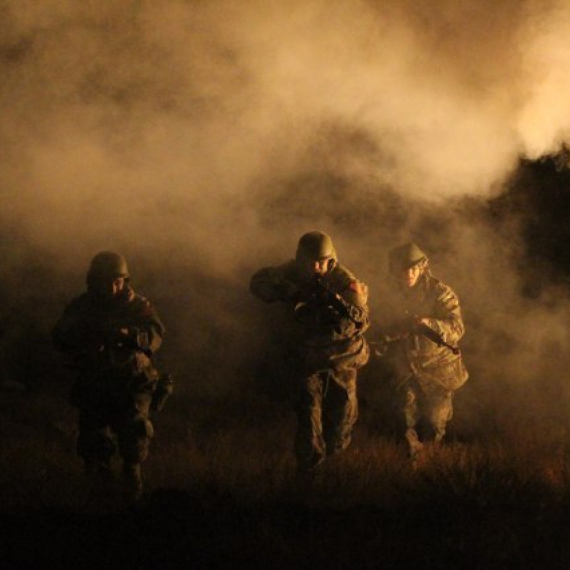



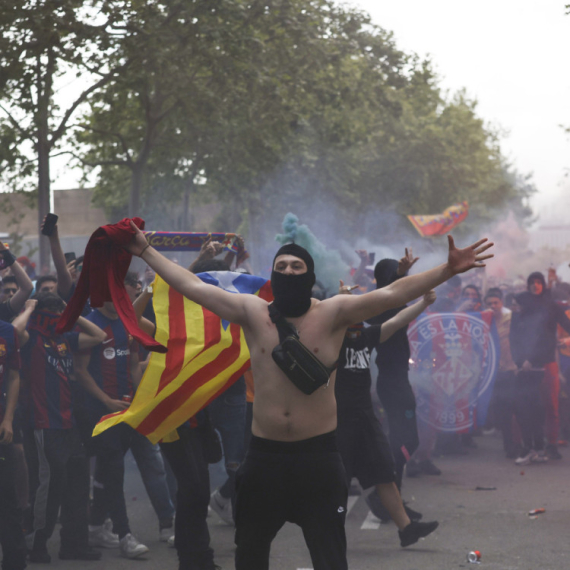




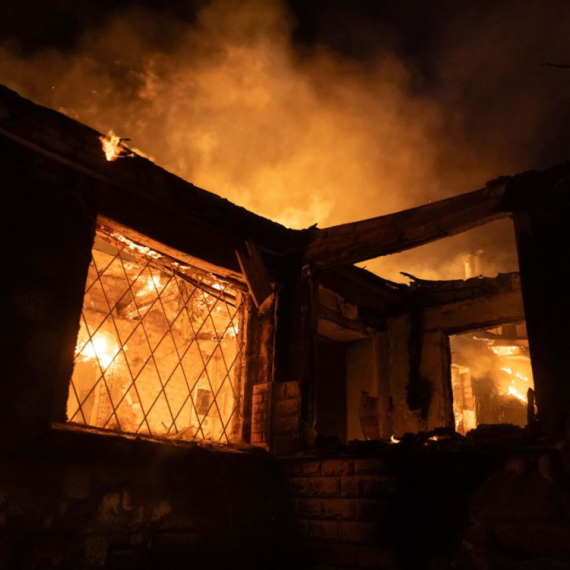



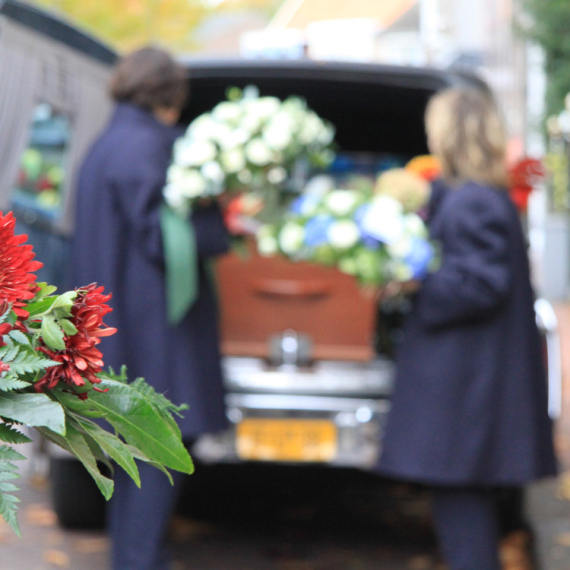


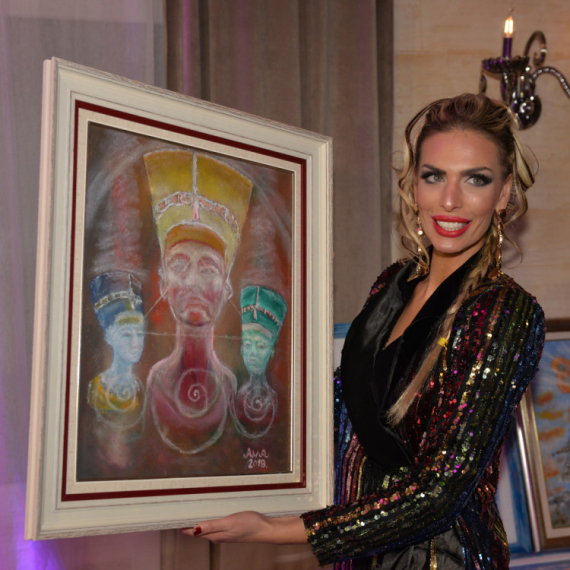
















Komentari 40
Pogledaj komentare